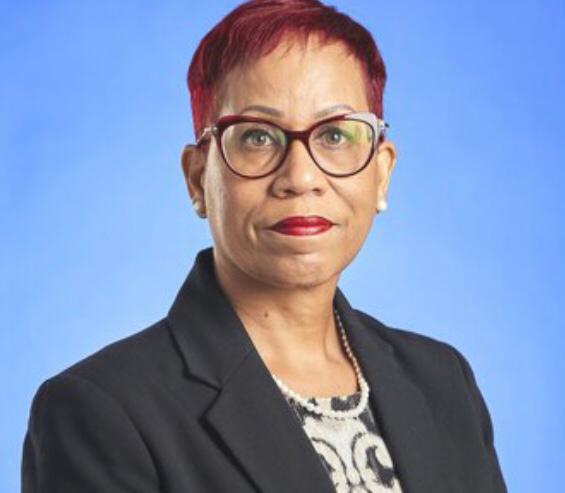Today, Bermuda and other regions around the world will recognize International Women’s Day. The UN Women’s 2022 theme is “Gender Equality Today for a Sustainable Tomorrow”, and the campaign theme is “break the bias”. Gender inequality happens when unequal value is afforded to men or women and there is an unequal distribution of power, resources, and opportunity.
Bermuda has reason to be proud of the achievements of its women who have broken stereotypical barriers. Many distinguished women that have earned the title of Bermuda’s firsts: Governor Rena Lalgie as Bermuda’s first female Governor, Dame Lois Browne-Evans as the first female lawyer and first female Opposition leader in the British Commonwealth, Dame Pamela Gordon as Bermuda’s first female Premier, Keeva Joell-Benjamin as the first female Commissioner of Corrections, Dame Flora Duffy as our first gold medalist and there are other notable women. While there have been significant strides towards gender equality there remains a long way to go for women to achieve full equality, especially in relationships, workplaces, politics and in sports.
There is research that suggests that the way we are socialised as children may play a role in reinforcing male superiority, and that gender role imbalance maybe a contributor to occurrences of domestic violence. The World Health Organization reports, “Often, inequalities in gender increase the risk of acts of violence by men against women…traditional beliefs that men have a right to control women make women and girls vulnerable to physical, emotional and sexual violence by men.”
While men may also be victims of domestic violence, women are mostly impacted and it cannot be lost on us that more urgency might be placed on addressing domestic violence matters, by changing the laws and making it a crime rather than a private matter, if more men than women were victims?
In the workplace, women continue to be paid less than their male counterparts even when holding similar qualifications and job roles. Women continue to be outnumbered by men in boardrooms and in senior decision-making positions. In politics, findings reported by The United Nations Development Programme state “only 24 percent of parliamentary seats worldwide are held by women and there are only 10 female heads of government out of 193 Member States”.
In sports, only two short years ago women soccer players in the UK were paid the same appearance money their male counterparts. Earlier this year, the US national women’s soccer team were awarded a $24m payout and pledge from US Soccer federation to equalize pay for men and women’s’ teams.
What can we do at home to help break the bias towards women? As a society we must become aware of our conscious and unconscious biases. We must keep the conversation going and address attitudes supporting gender inequality in our schools, families, churches and in the broader community before such norms become ingrained.
We can do this through education, social media, and radio campaigns to heighten awareness until we develop new societal norms that bring about gender equality. Lastly, we must challenge the stereotypes that support gender inequity and speak out until there is no longer disparity between men and women. The future of our country depends on it.
Any content which is considered unsuitable, unlawful, or offensive, includes personal details, advertises or promotes products, services or websites, or repeats previous comments will be removed.
User comments posted on this website are solely the views and opinions of the comment writer and are not a representation of or reflection of the opinions of TNN or its staff.
TNN reserves the right to remove, edit or censor any comments.
TNN accepts no liability and will not be held accountable for the comments made by users.

